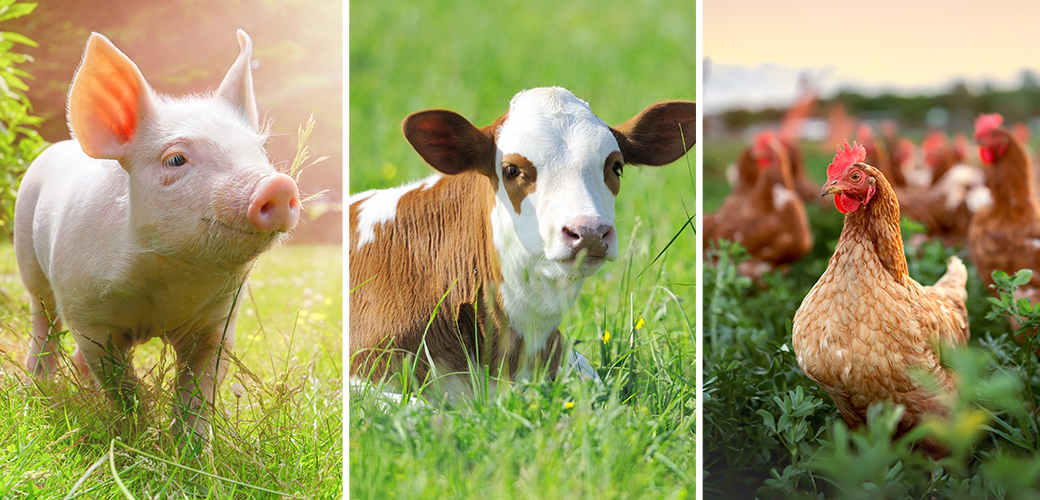In the beautiful landscapes of Malaysia Agriculture plays an essential part in Malaysia’s economic development providing food security as well as the means of livelihood for a lot of. But, the expansion of the agriculture sector presents challenges, with one of major ones concerns is the risk of disease and pests that could destroy animals and crops. In order to protect this crucial agriculture sector, biosecurity measures for farms are becoming more important. This article focuses on the significance of farming biosecurity in Malaysia by examining its most important elements and the advantages that it offers consumers, farmers, and to the country as a overall.
The Malaysian agriculture sector is a diverse one and faces many risks from disease such as pests, pathogens and diseases which could have catastrophic consequences. If it’s palm farms, rubber estates or farms for livestock they could cause significant economic loss as well as disruptions to supply chain. In addition, as the global economy grows more interconnected, threat of exotic diseases and pests infiltrating the nation is increasing. This is a sign of the urgency to implement robust biosecurity measures for farms.
Biosecurity on farms is an extensive method of stopping, controlling and reducing the risk related to pests, diseases and pathogens that are found on farms. The restriction of who is allowed to be allowed to enter and leave the premises of the farm is crucial. Through restricting access, farmers will minimize the danger of diseases and pests that are brought into the farm or spreading inadvertently. It includes vehicles, visitors as well as machinery.

Security of food is a major worldwide issue, and Malaysia is not an one of the few exceptions. A steady food supply that is safe and healthy food items is essential to the health of our nation. Biosecurity in the farm plays an essential part in ensuring food security through preventing destruction of the agricultural industry because of pests and diseases. It makes sure that customers have an uninterrupted availability of quality, low-cost food products, which reduces the possibility of price fluctuations and shortages. For more information please Get The Facts
Biosecurity in the farm isn’t only concerned with protecting livestock and crops but also having positive environmental effects. If diseases and pests can be successfully controlled, there’s lesser need to recourse to chemical pesticides as well as antibiotics. This in turn helps reduce the environmental impact of agricultural practices and helps promote the use of sustainable farming methods. Additionally, it helps preserve the habitats of nature and biodiversity that surround farms.
The conclusion is that biosecurity in the farm is a vital component of modern agricultural practices in Malaysia. It is not just a means of protecting the livestock and crops but also the environment but is also a key contributor to stability in the economy in Malaysia, food security, as well as potential trade with other countries. Since the agriculture sector is continuing to grow, farmers decision-makers and other stakeholders should prioritise and invest in strong biosecurity practices to ensure an economic and sustainable future of Malaysian agriculture. In doing this, Malaysia can strengthen its place in the world market and provide its residents with affordable, safe and plentiful foods.
